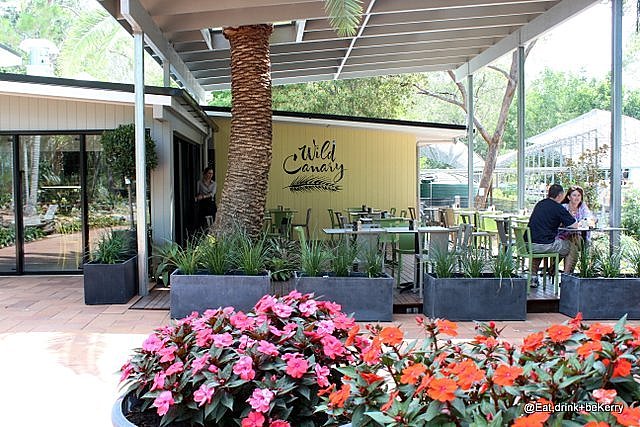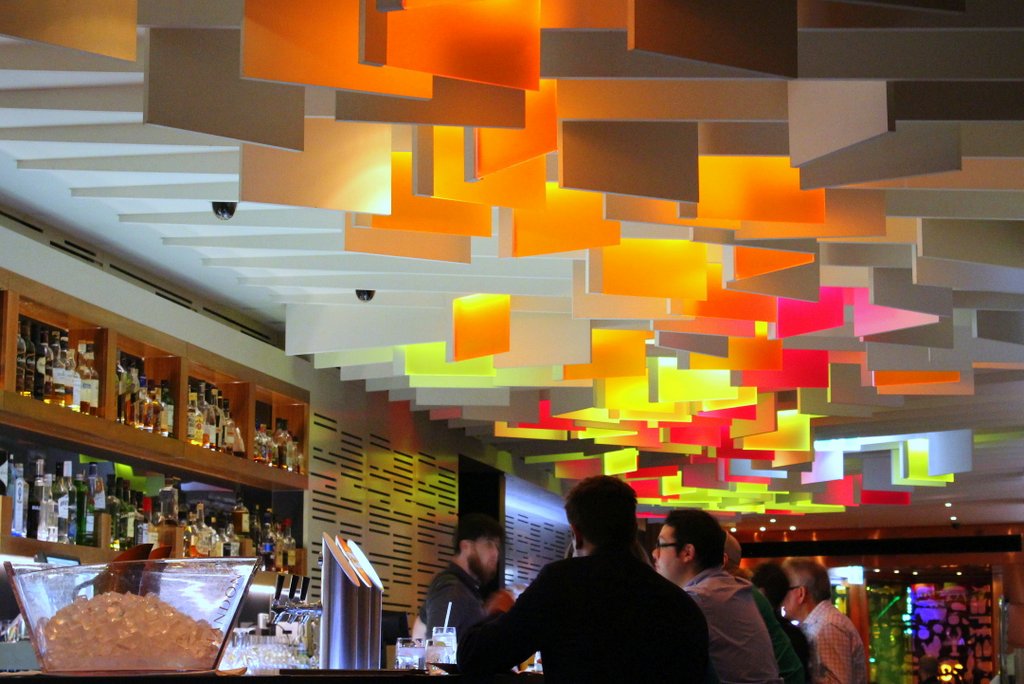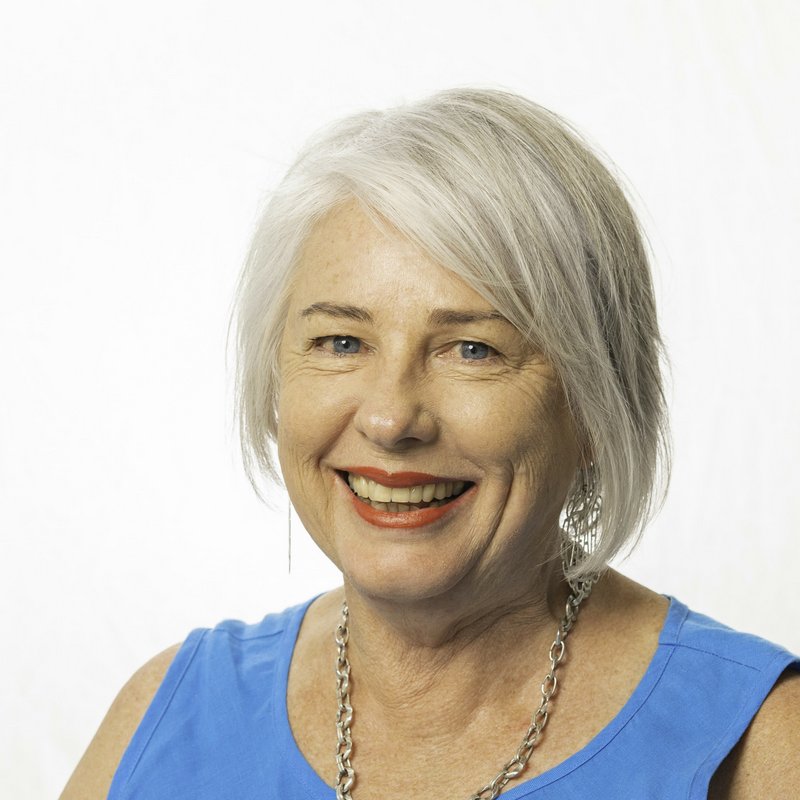Do you want to dine ethically eating locally sourced, sustainable produce from a restaurant or do you just want your dinner?
Along with the growing numbers of chefs and restaurateurs who have taken the lead to offer ethical dining, there’s an increasing band of diners who want to enjoy great food and wine and not leave their ethics at the door.
I asked food writer Natascha Mirosch, who was the Queensland contributor to the recently published Truth, Love & Clean Cutlery: A Guide to the Truly Good Restaurants and Food Experiences of Australia, what she discovered when researching for this book which identifies restaurants and food experiences that go above and beyond when it comes to ethical and sustainable.
How important is it to you to dine ethically?
I try my best to make ethical choices in my everyday life, and I don’t abandon those principles when I walk through a restaurant door. Knowing a restaurant or cafe has an ethos that aligns with mine is certainly something I appreciate, and I’ll go out of my way to support the good guys.
How important do you think ethical dining is to the average diner?
Diners are certainly becoming more aware, and that change is happening fast. Ten years ago, the idea of bringing your own coffee cup to a cafe would have seemed ludicrous. Five years ago, most of us had never heard of pastured eggs or thought to ask the fishmonger where our fish came from. Two years ago, a cafe who gave you a stainless-steel straw with your drink was a novelty.
Thanks to cooking shows and our obsession with food and chefs, diners are so much better informed and so more interested – they’re much more likely to ask questions when they go out to eat. I’d also argue that while this generation is very aware of ethical, sustainable eating, for the next it will be expected – par for the course.
What surprised you most about the Queensland restaurants you included?
I was surprised and very gratified by the dedication, so many places have, how far they go, and most unusually, how quietly they go about it. I’m hoping they realise from books like TL&CC that actually diners are not just interested in what ‘local, seasonal’ ingredients there are on the menu, but they might actually care about the fact that the restaurant actively runs a minimal waste kitchen, that they donate leftover food to charity, or that they have staff health and well-being programs in place.
I’d really encourage food businesses to include all of this sort of information on their website or promote it on their social media platforms. In a hyper-competitive environment those things may be the reason someone chooses one restaurant over another, so shout about it!

Were there any restaurants that just missed out?
We did a lot of research and pretty much knew the places we approached were already doing a good job. (We didn’t actually realise how good!).
What was a surprise was some of the big name, well-established restaurants which weren’t really on board yet. They may argue that their size makes it harder to work as ethically or sustainably as smaller places, but by the same measure, the casual cafes and smaller restaurants have to implement their ethical policies with far fewer resources.
Is there anyone you feel is doing a particularly good job?
A stand out for me is Wasabi on the Sunshine Coast. They are absolutely dedicated and uncompromising in their approach, and they keep the diner well informed about their practices and the reasons for them.
For example, staff will explain no bottled water on offer – just binchotan charcoal-filtered water and the reason there’s no salmon – because they only use local fish and they buy everything from the local fisherman who comes to their jetty, including by-catch. A lot of rare and heritage vegetables and herbs are grown on their own farm, and the little wooden implements on the table are made for them by a local wood turner using a pest species, camphor laurel.
They even have a yoga program for their staff. It’s an impressive and very genuine effort to care for the environment, their customers and the people who work for them.
Then you have tiny places like Alphabet Cafe in West End, who really kick above their weight in a multitude of ways.

What do restaurants think they are doing right when it comes to ethical dining, but they are just not hitting the mark?
I think restaurants need to look at their operation more holistically to see where they can improve, rather than just focusing on the obvious and the immediate stuff the customer sees. Sure, it’s fantastic that they’re not offering straws or growing their own herbs, but what about food wastage, or the amount of unnecessary plastic still in the kitchen? The energy wasting lighting or staff welfare? These are just part of the bigger picture of running a sustainable and ethical food business.
Since Truth, Love & Clean Cutlery was published, the chefs of two restaurants have announced they are upping stakes and moving on.
It’s a hard slog for small profits in such a competitive industry, and it’s just part of natural attrition that even with the best intentions, some businesses are going to go under. As diners, we need to continue to support our industry, particularly those who are putting in the effort to leave a smaller footprint on the environment.

Truth, Love & Clean Cutlery
Edited by Jill Dupleix, Truth, Love & Clean Cutlery, A guide to the Truly Good Restaurants and Food Experiences of Australia (Blackwell & Ruth $34.99) features 208 inspirational restaurants from around Australia where you can dine ethically. The restaurants are grouped by region, followed by major city, and the book features an index by both location and restaurant name. It supports the efforts of chefs and cooks who are striving to make the work a better place by offering a kinder way to eat out.
My preference is to eat fish and all seafood farmed or caught in Australia. Here’s why.
Where to eat clean in Queensland
These are the restaurants in Queensland where you can eat and still be friends with your ethical conscience.
Brisbane
Restaurants
- Bucci, New Farm
- Detour
- Customs House, Brisbane CBD
- The Euro, Brisbane CBD
- Gauge, South Brisbane
- GOMA Restaurant, South Brisbane
- The Wolfe,
- Stokehouse Q, South Brisbane
Cafes
- Flock Eatery, Redcliffe
- Alphabet Café,
- The Jam Pantry,
- Wandering Cooks, West End
- Wild Canary, Brookfield
- King Arthur Cafe
- Putia Pure Food Kitchen, Banyo
- Grown, West End
Regional
Northern Queensland
- Nu Nu Restaurant, Palm Cove
- Indulge, Bundaberg
Southern Downs/Granite Belt
- Émeraude, Hampton
- The Peak Restaurant, – Maryvale
- The Barrelroom & Larder, Ballandean (new chef in 2019)
- McGregor Terrace Food Project – Stanthorpe (closed)
- Little Seed – Toowoomba City
- Homage Restaurant
Sunshine Coast
- Noosa Boathouse, Noosaville
- Ricky’s Riverbar & Restaurant, Noosa Heads
- Wasabi Restaurant & Bar, Noosa Heads.
